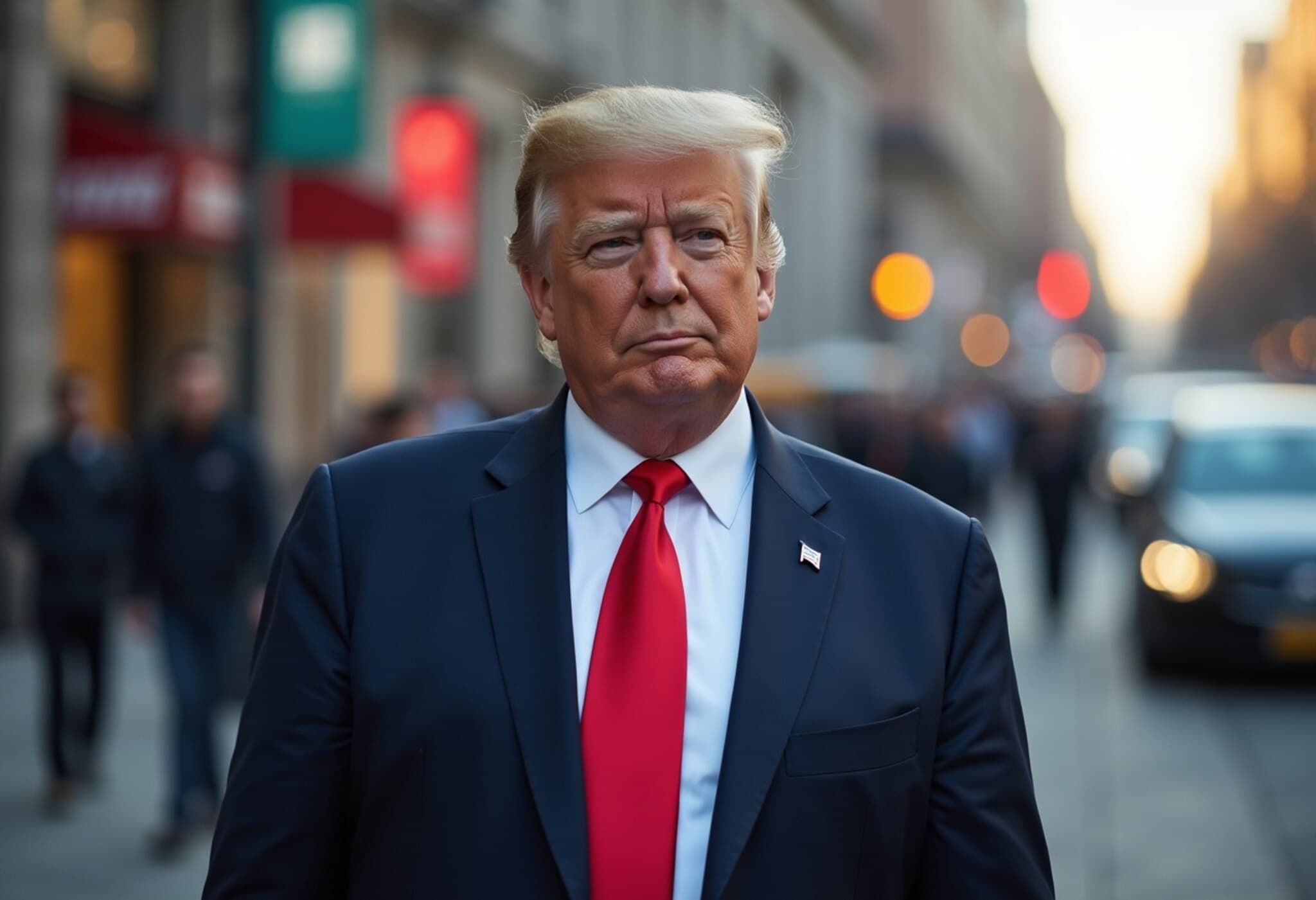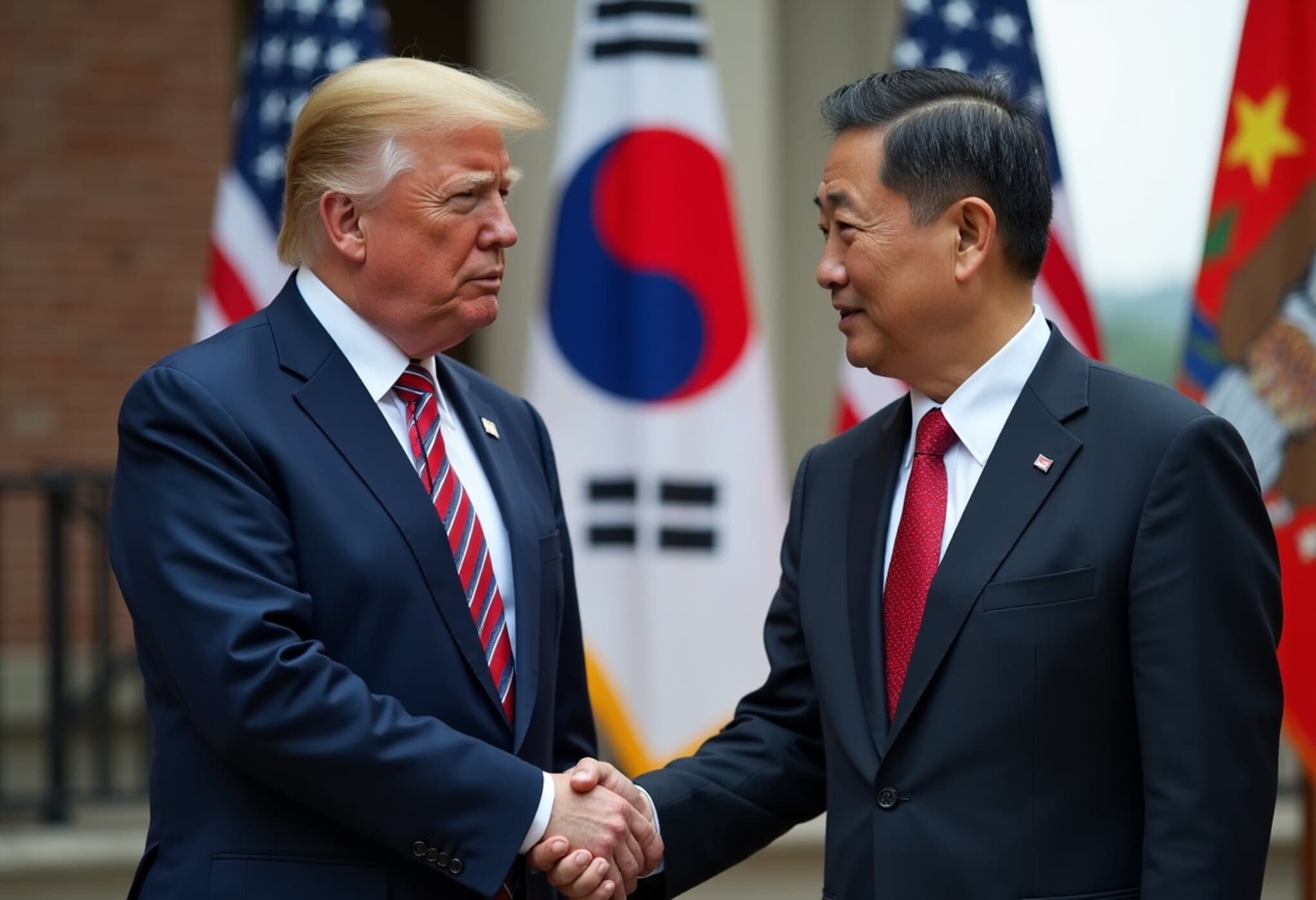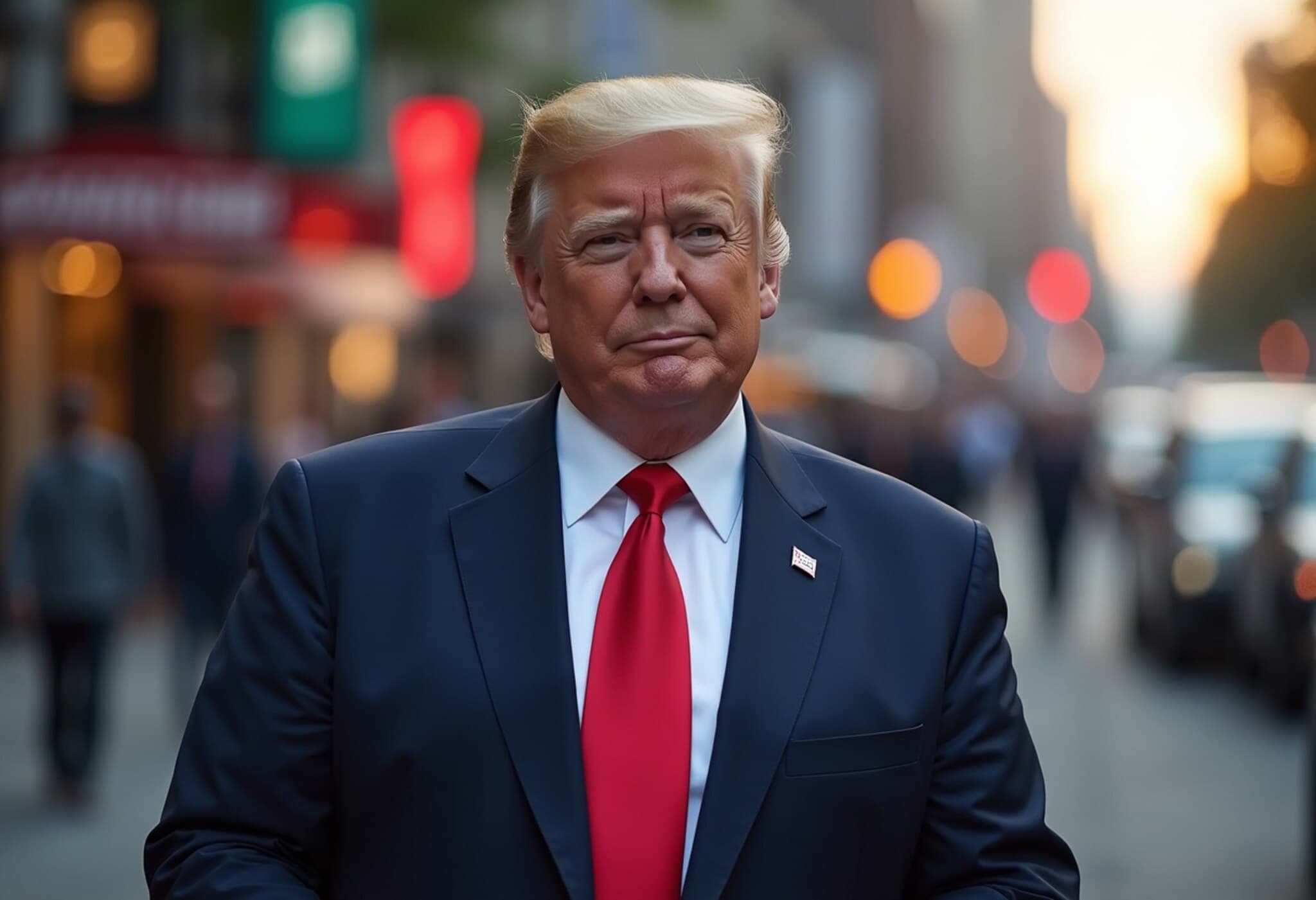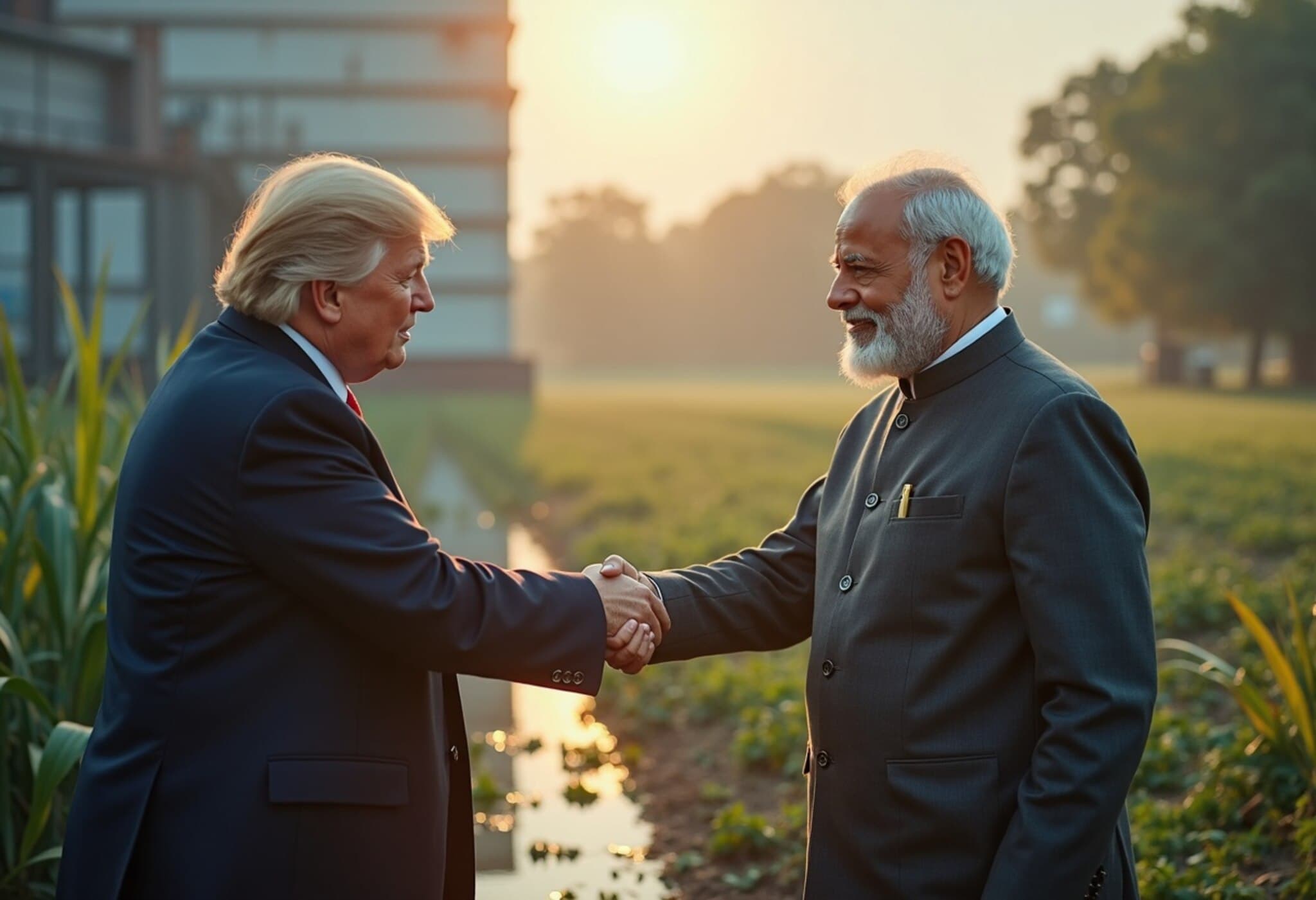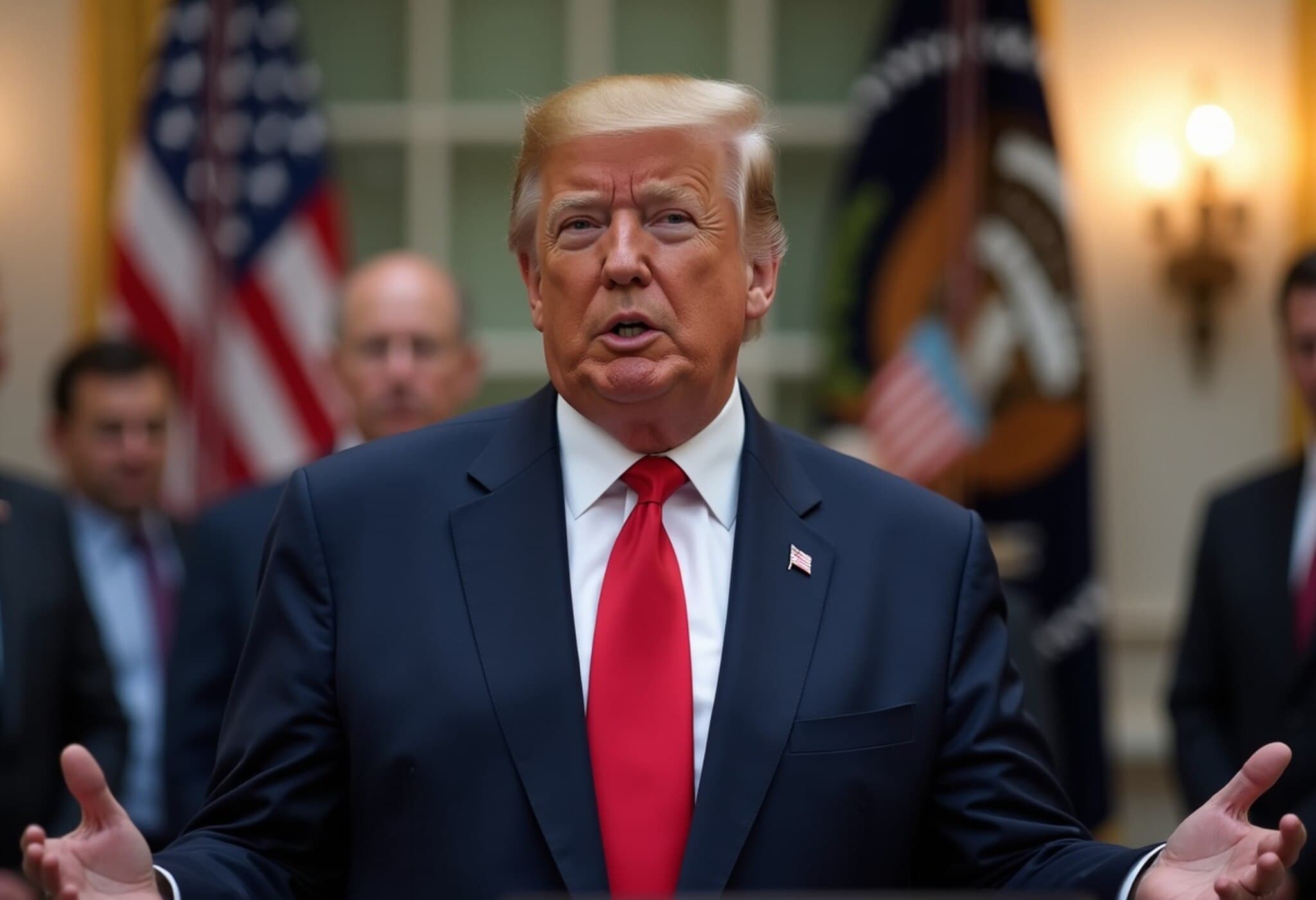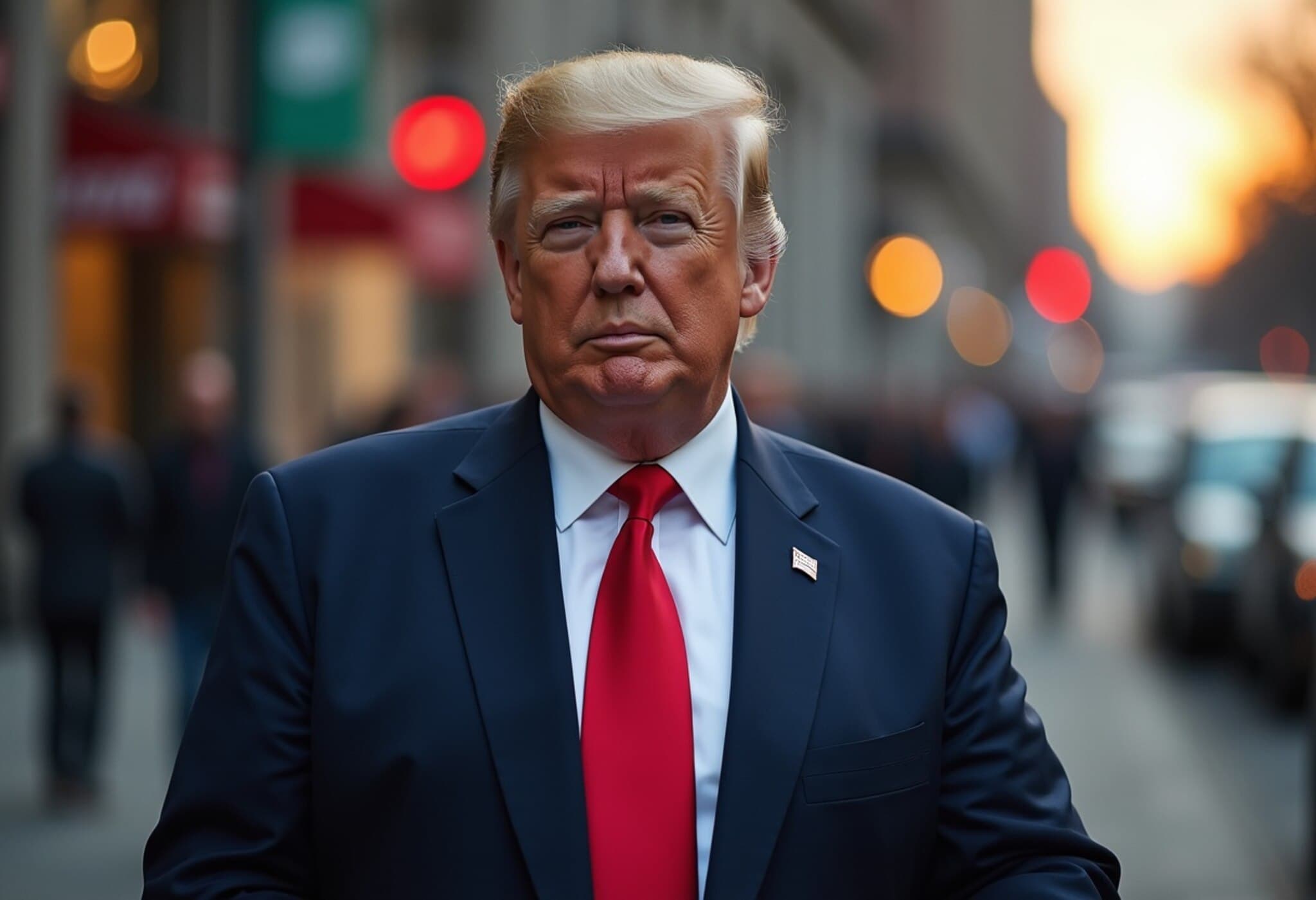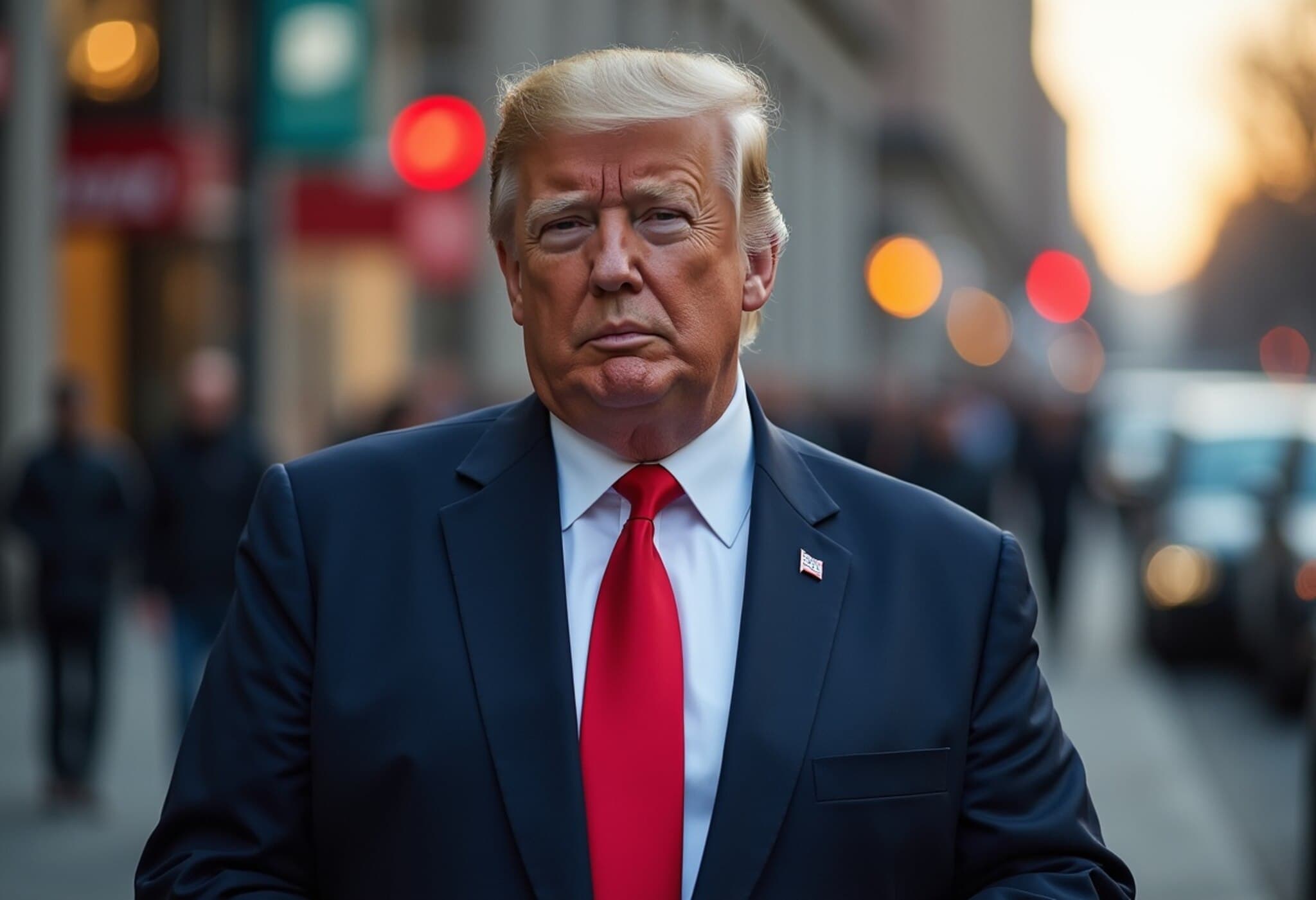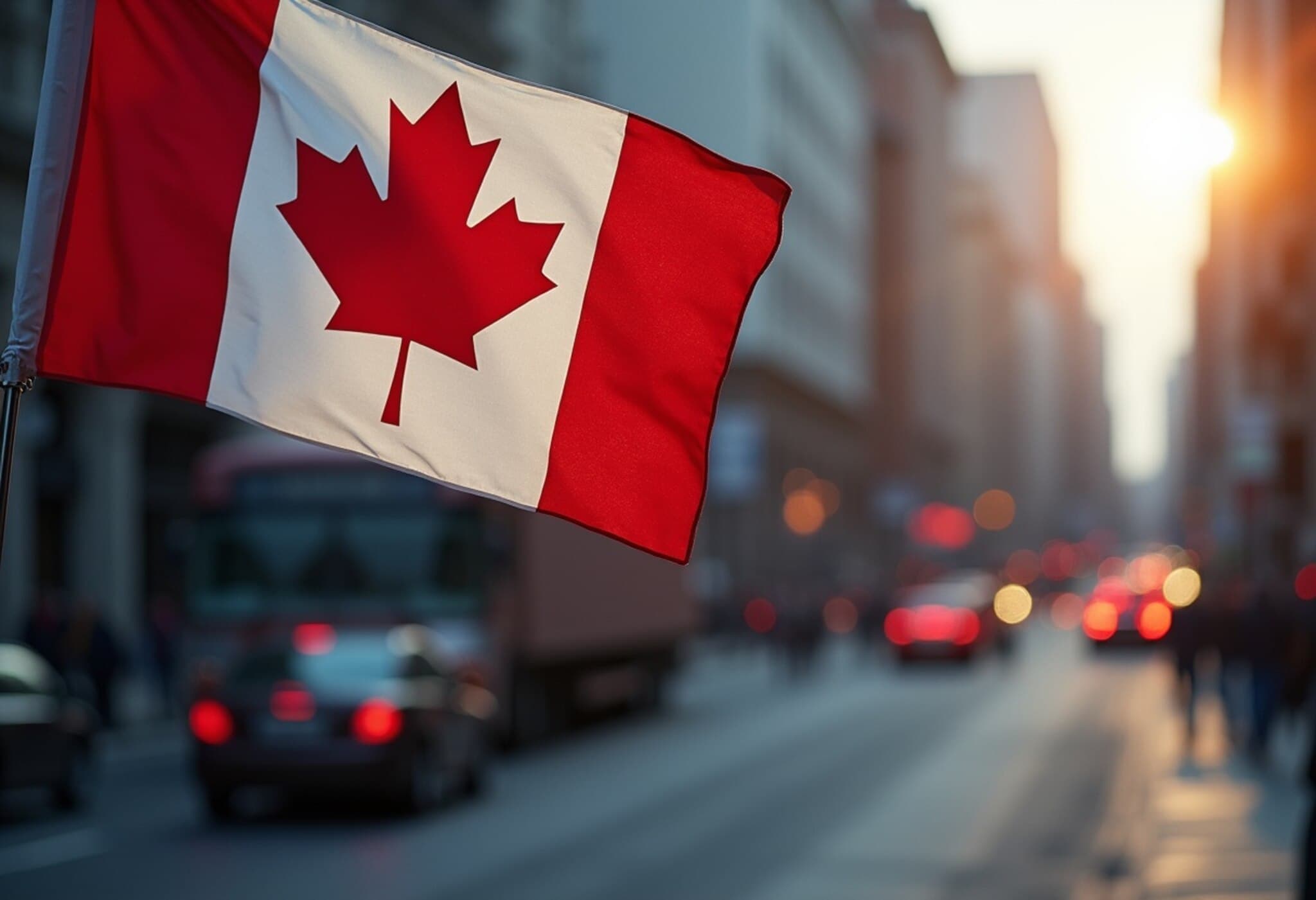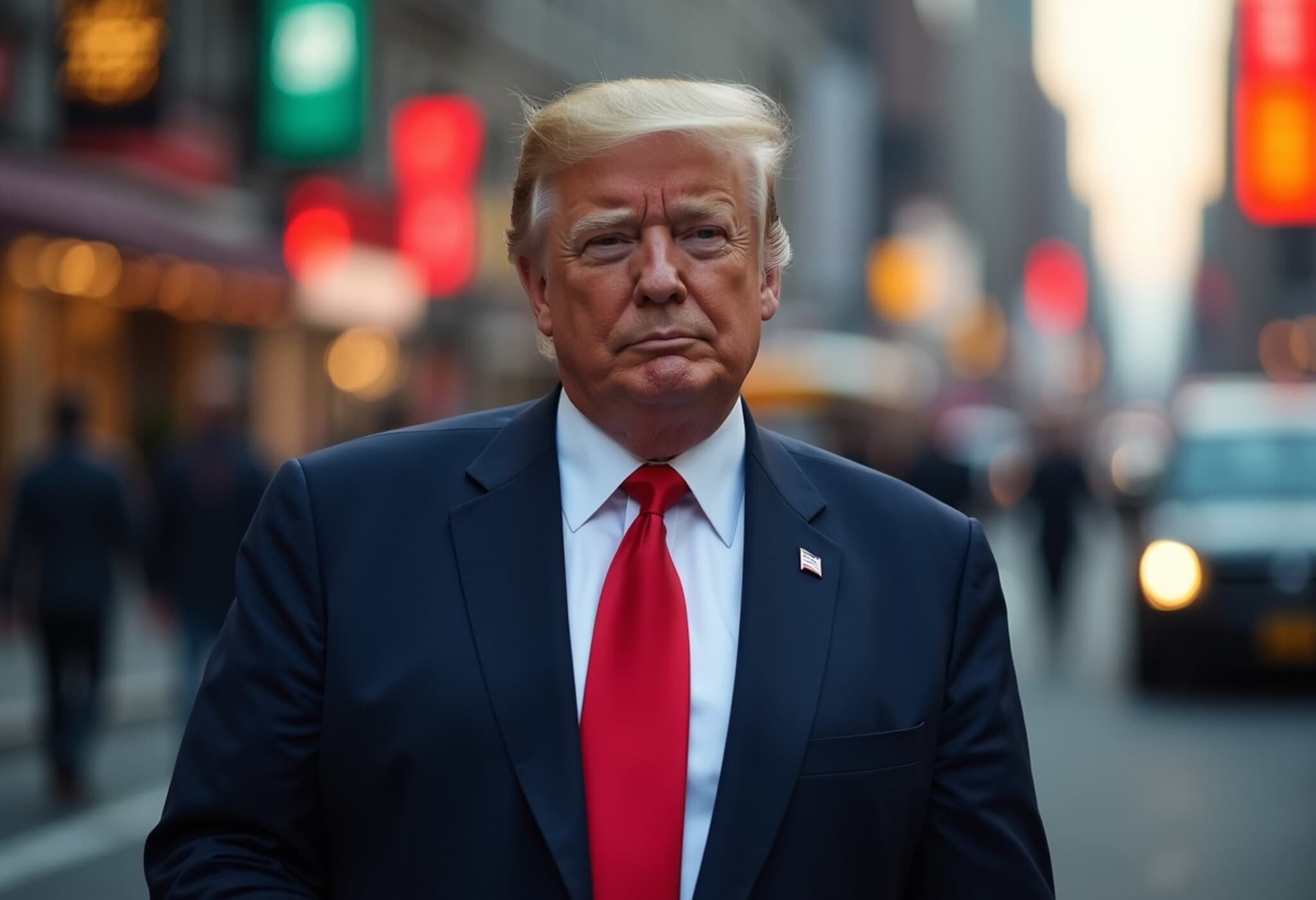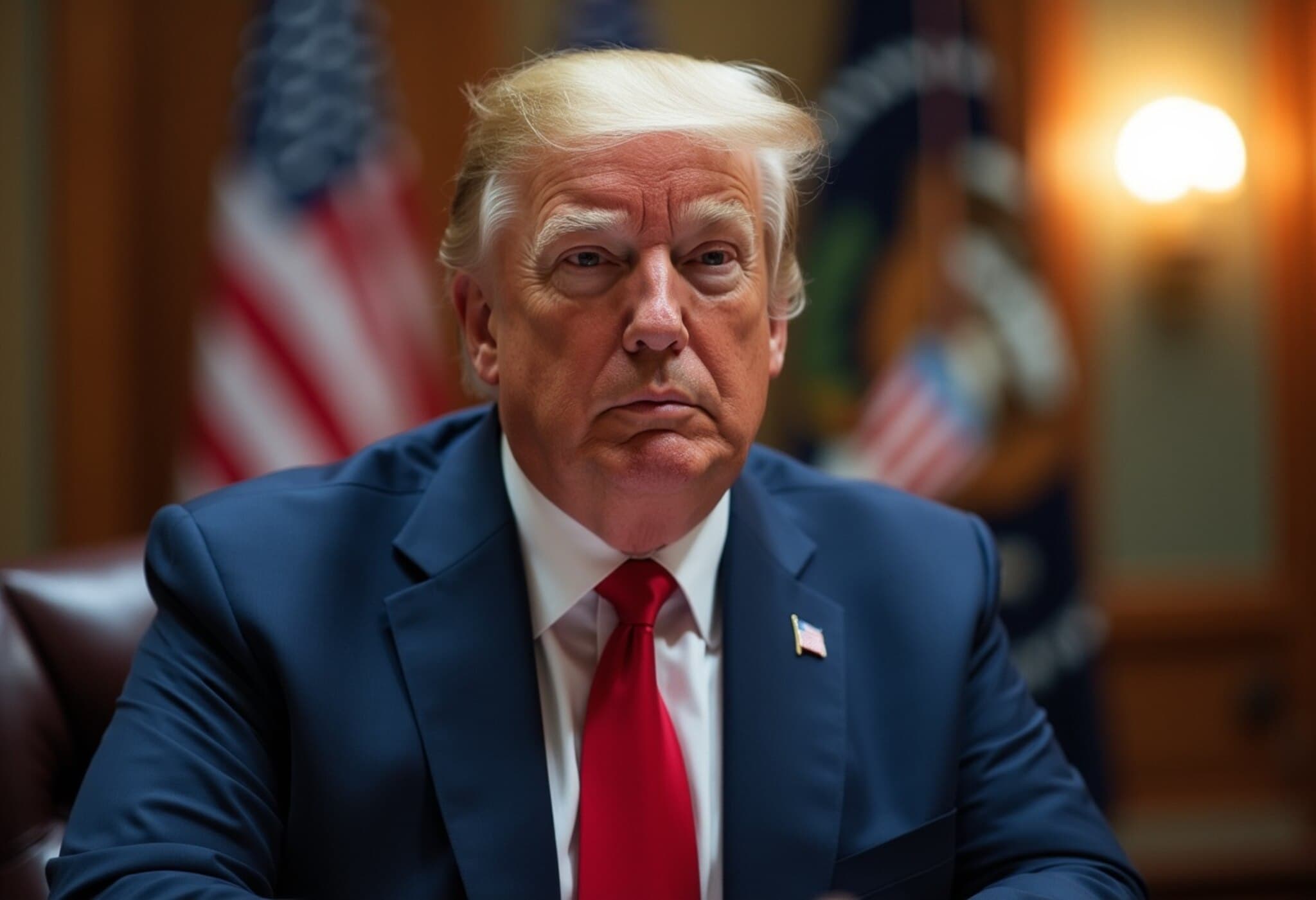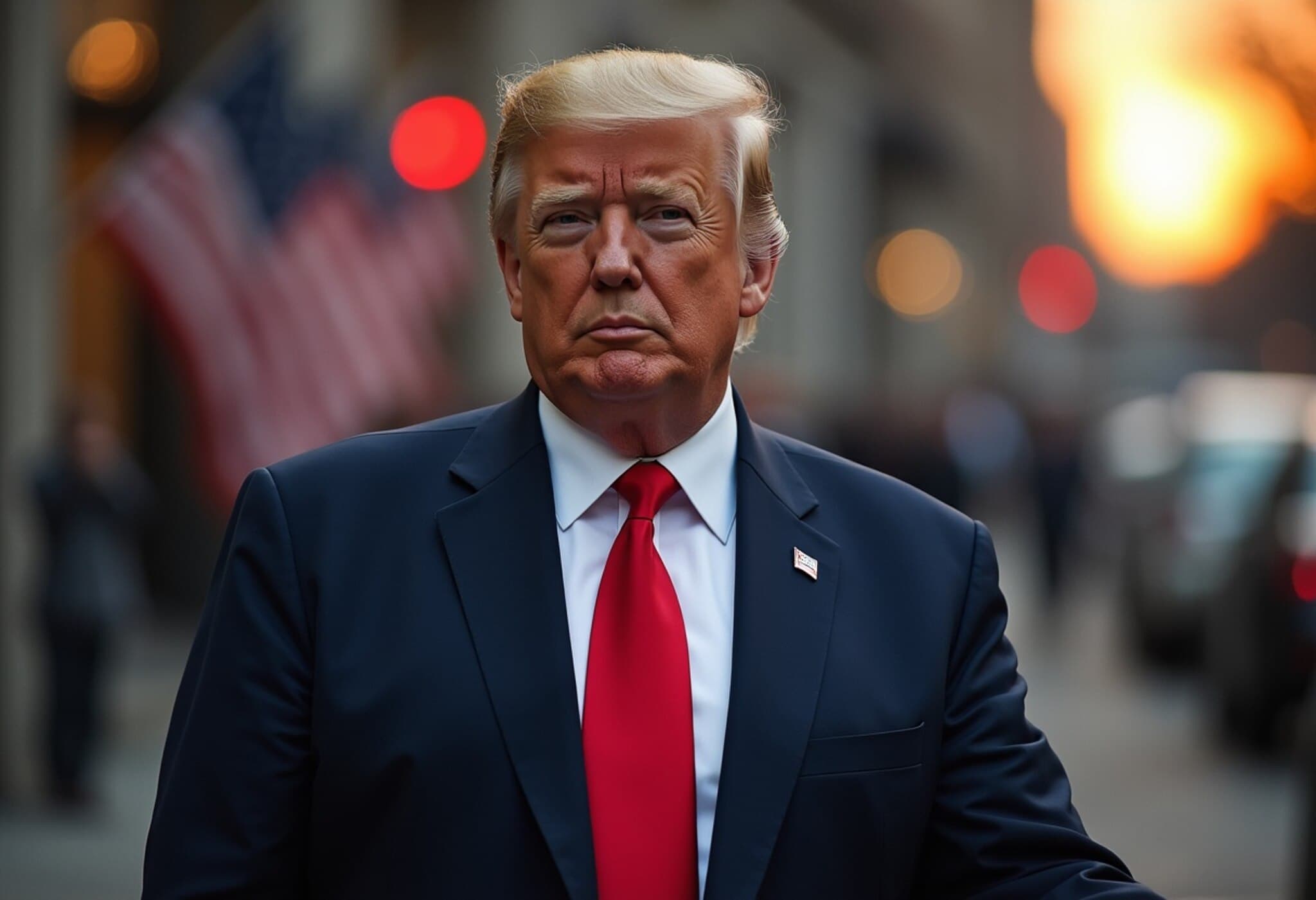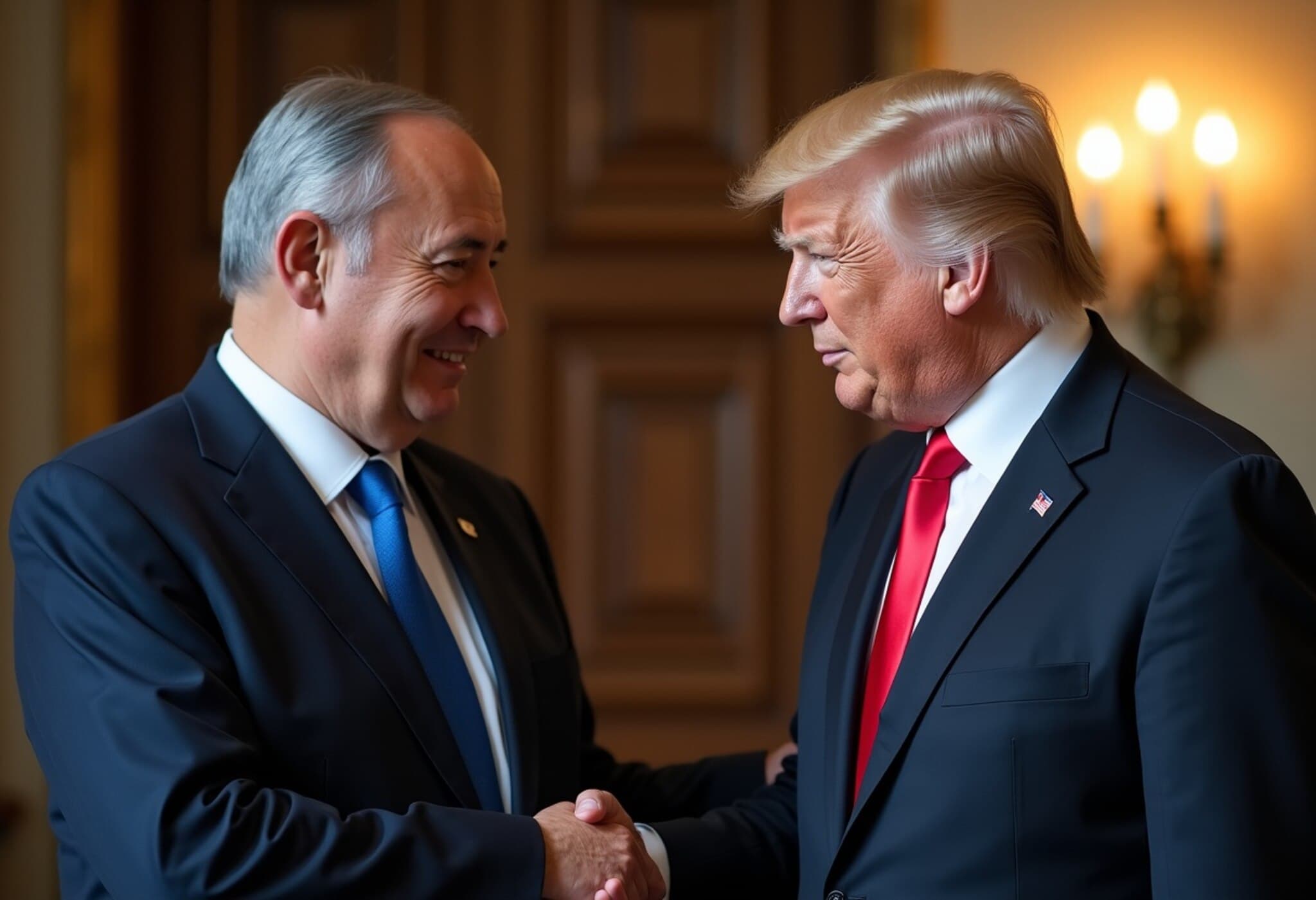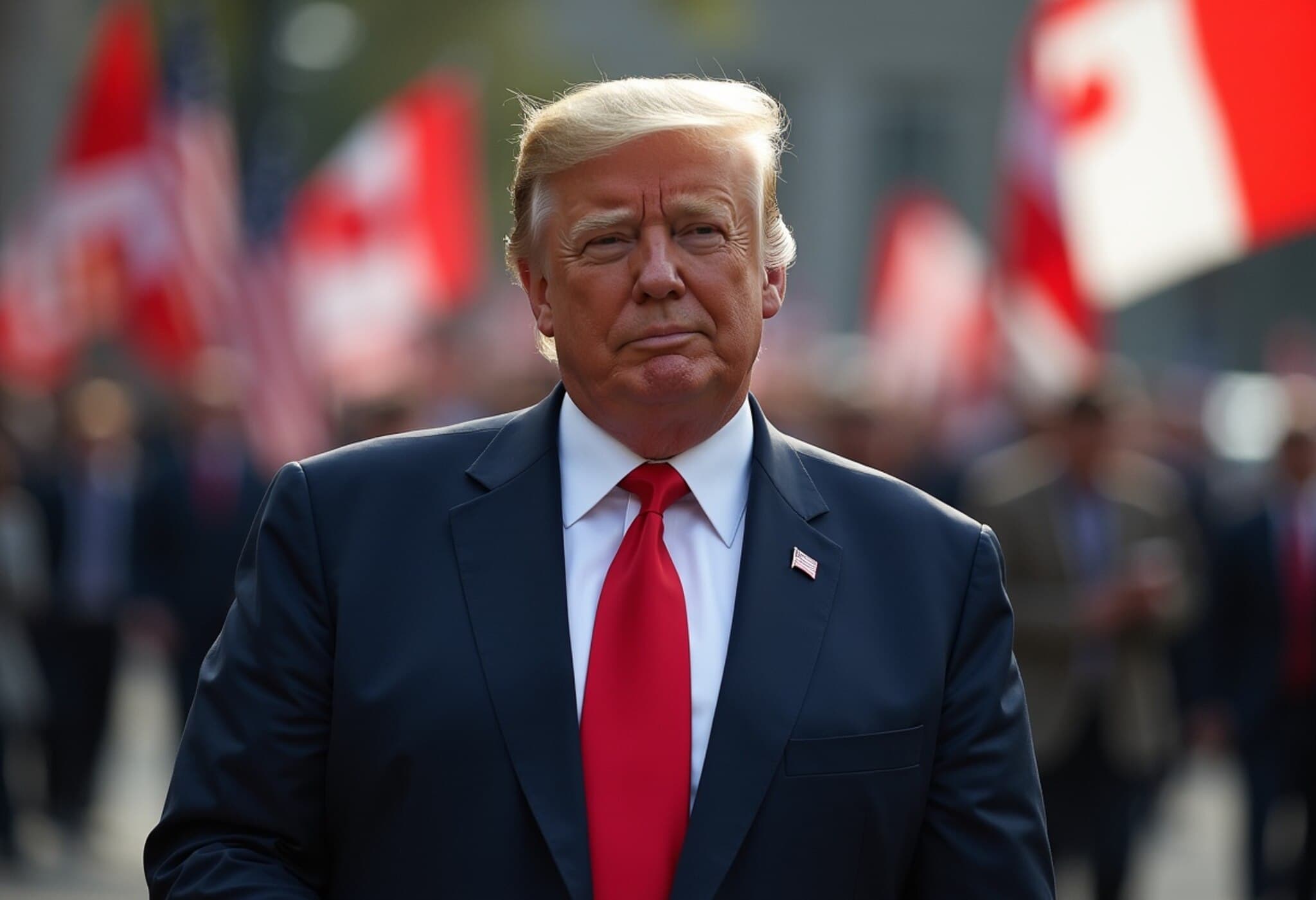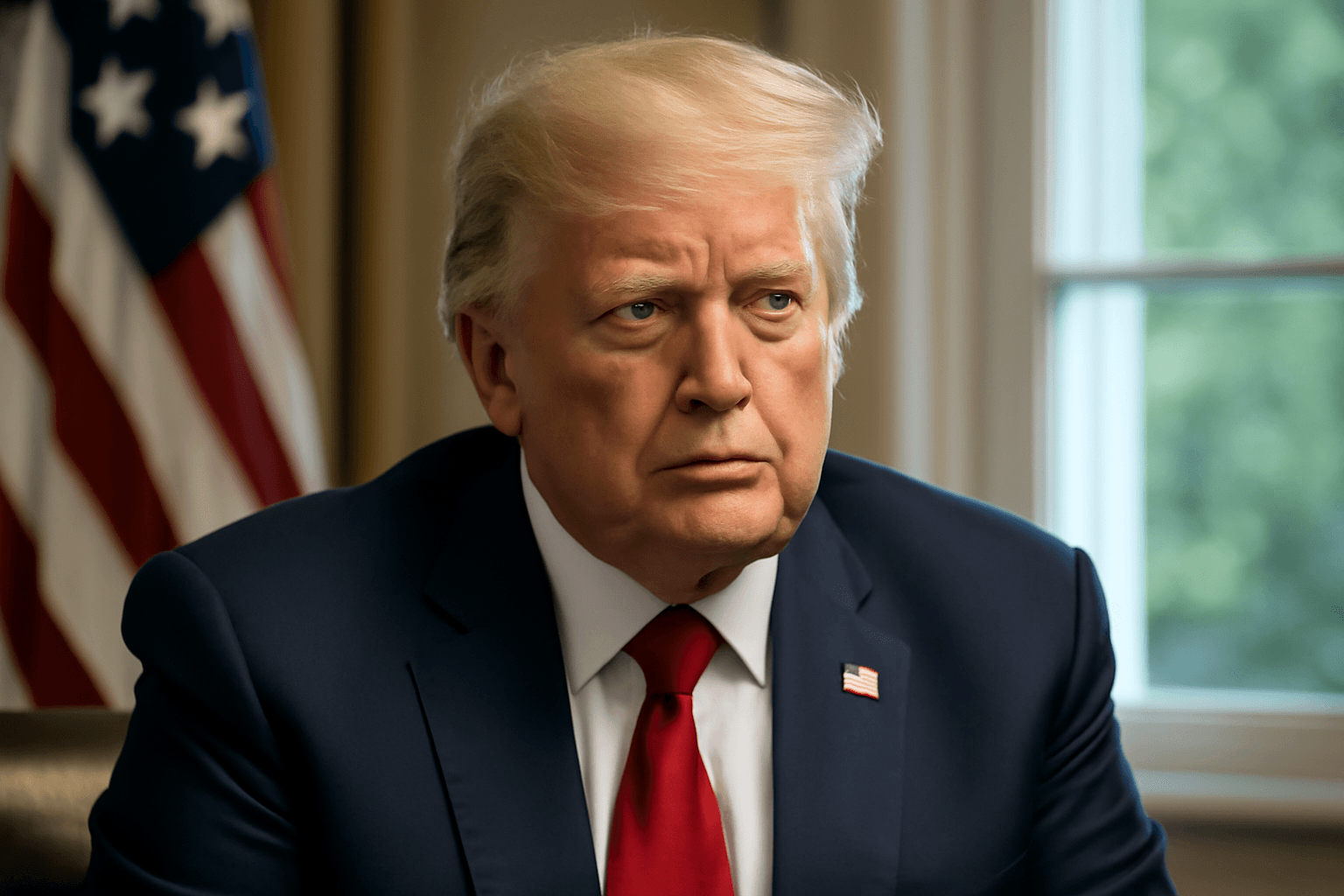Understanding the Recent US Tariff on Israel Amid Reciprocal Trade Policies
In a move that caught many observers by surprise, former U.S. President Donald Trump imposed a 15% tariff on imports from Israel starting August 2025, despite Israel having already eliminated tariffs on all American imports. This development highlights the complex dance of international trade policies shaped by economic strategies rather than simple tit-for-tat arrangements.
Background: Israel Removes Tariffs on US Goods
Earlier this year, Israel made a notable gesture by officially removing all tariffs on imports from the United States. The move aimed to strengthen bilateral trade and was viewed as an olive branch to deepen one of America's closest alliances in the Middle East. Finance Minister Bezalel Smotrich underscored the intention to promote a zero-tariff trade environment and foster positive economic relations with the U.S.
Trump’s Tariff: A Strategic, Not Reciprocal, Action
Despite Israel’s tariff-free stance on U.S. goods, the Trump administration introduced a 15% tariff on Israeli exports to the U.S. in April, reducing it slightly from an initially announced 17%. This tariff was made official with an executive order effective from August 1, 2025.
This raises a crucial question: why target a close ally like Israel with tariffs when there appears to be a policy of mutual trade liberalization?
Trade Deficit: The Core Reason
The White House justified these tariffs by citing the substantial trade deficit with Israel, which stood at approximately $9.4 billion. Unlike traditional reciprocal tariffs, which are based on matching another country’s trade barriers, these tariffs stem from the Trump administration’s broader strategic framework focused on addressing U.S. trade imbalances irrespective of political alliances.
Under this logic, any country running a significant trade deficit with the U.S. is subject to a 15% tariff, while those with minimal deficits face a lower tariff of 10%. Israel’s sizeable surplus prompted its classification in the higher tariff category.
Implications for US-Israel Relations and Trade
This policy has sparked debate among economists and policymakers alike. Some see it as a blunt instrument that disregards longstanding diplomatic ties in favor of an aggressive trade posture. Others interpret it as a necessary corrective to perceived economic imbalances.
Trade tariffs, especially between allies, risk escalating into broader diplomatic tensions, potentially impacting collaborative efforts in security, technology, and regional policy. The situation urges a closer examination of how economic tools intersect with geopolitical strategy.
Broader Context: Tariffs as a Tool Beyond Economics
The U.S. under Trump has demonstrated a tendency to prioritize economic metrics such as trade deficits over traditional alliance politics. This recalibration reflects a growing trend where economic nationalism shapes foreign policy—a phenomenon with considerable consequences for global trade frameworks.
However, critics argue that focusing narrowly on trade deficits oversimplifies complex economic relationships and sometimes undermines strategic partnerships vital for regional stability.
Expert Commentary:
- Trade analysts caution that tariffs based solely on balance of trade figures tend to ignore value chains and the benefits of open markets.
- Policy experts highlight the risk of alienating key allies when economic measures override diplomatic considerations.
- Legal scholars note that such unilateral tariffs may challenge World Trade Organization (WTO) principles, potentially inviting retaliatory measures or disputes.
Questions Moving Forward
- Will the U.S. maintain tariffs on Israel despite the nation’s tariff-free policy on American goods?
- How will this influence the strategic partnership between the two nations in areas beyond trade?
- Could other allies expect similar treatment based on trade deficits, signaling a shift in U.S. trade diplomacy?
Editor’s Note
The imposition of tariffs on Israel by the U.S. amidst a zero-tariff policy by the latter exemplifies the shifting paradigm in global trade relations where economic interests sometimes override political alliance. As the negotiation of trade frameworks becomes increasingly complex, the long-term effects on both bilateral relations and regional stability warrant close scrutiny. It remains to be seen whether economic strategy will harmonize with diplomatic goals or lead to friction among key global partners.

